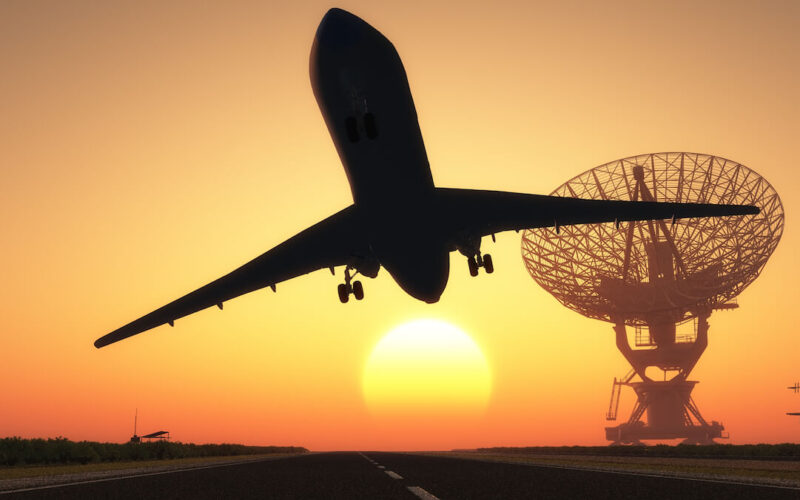The US Federal Aviation Administration (FAA) announced that it has cleared an estimated 45% of the commercial fleet to perform low-visibility landings at many of the airports where 5G C-band will be deployed on January 19, 2022.
The announcement, which was made on January 16, 2022, also says that as many as 48 of the 88 airports most directly affected by 5G C-band interference has approval to open up runways. This is due to the agency approving two radio altimeter models that are installed in a wide variety of Boeing and Airbus planes.
US telecommunication companies AT&T and Verizon have agreed to create buffer zones for six months around airports where transmitters are in close proximity. They also agreed to delay deployment until Jan. 19 while the FAA is reviewing new data detailing the location and power of wireless transmitters in all 46 U.S. markets where this service will be deployed.
However, US passenger and cargo airlines believe that the issue is far from resolved.
“Even with the approvals granted by the FAA today, U.S. airlines will not be able to operate the vast majority of passenger and cargo flights due to the FAA’s 5G-related flight restrictions unless action is taken prior to the planned Jan. 19 rollout,” said Airlines for America to Reuters. Airlines for America is a trade group representing American Airlines (A1G) (AAL) (AAL.O), Delta Air Lines (DAL.N), Fedex (FDX.N) and other carriers.
On January 14, 2022, the FAA released an airworthiness notification that will require operators of Boeing 787s to take additional precautions when landing on wet or snowy runways at airports where 5G C-band service is deployed.
The FAA is still continuing to work with manufacturers to better understand how radar altimeter data is used in other flight control systems.
The administration is also advising passengers to check with their airlines if weather is forecast at a destination where 5G interference is possible.
The airplane models approved include some Boeing 737, 747, 757, 767, MD-10/-11 and Airbus A310, A319, A320, A321, A330 and A350 models. The FAA expects to issue more approvals in the days to come.

